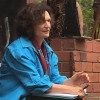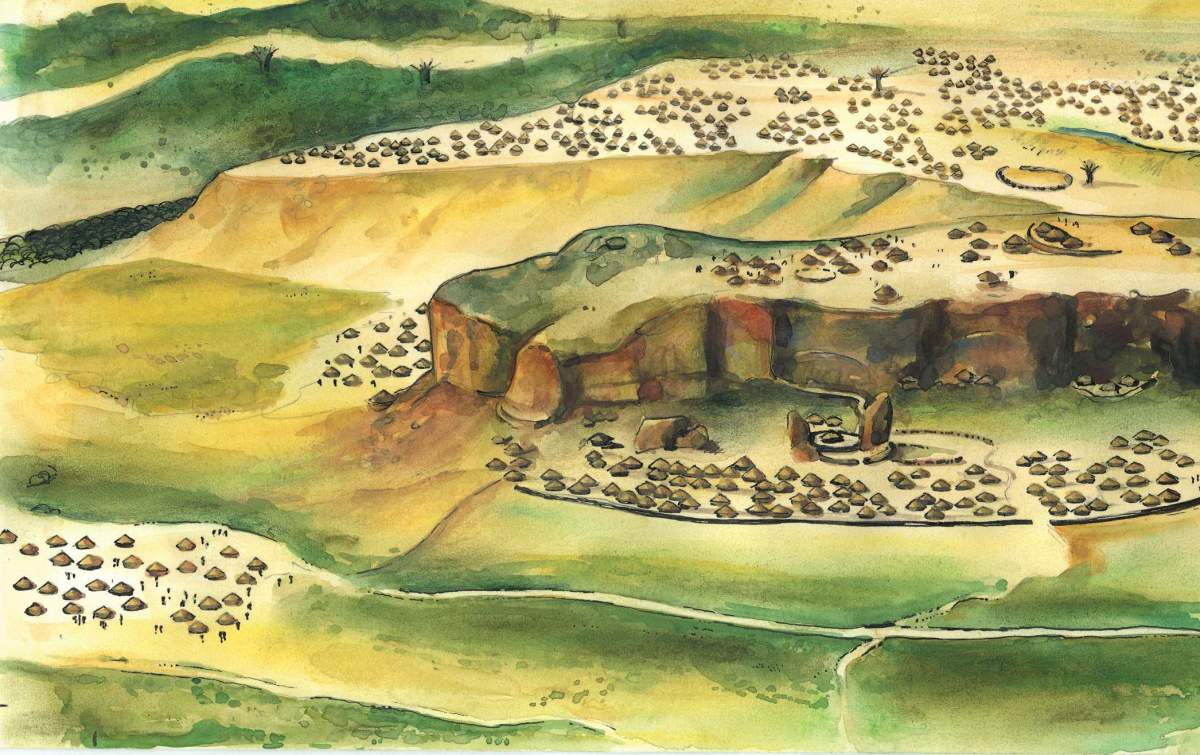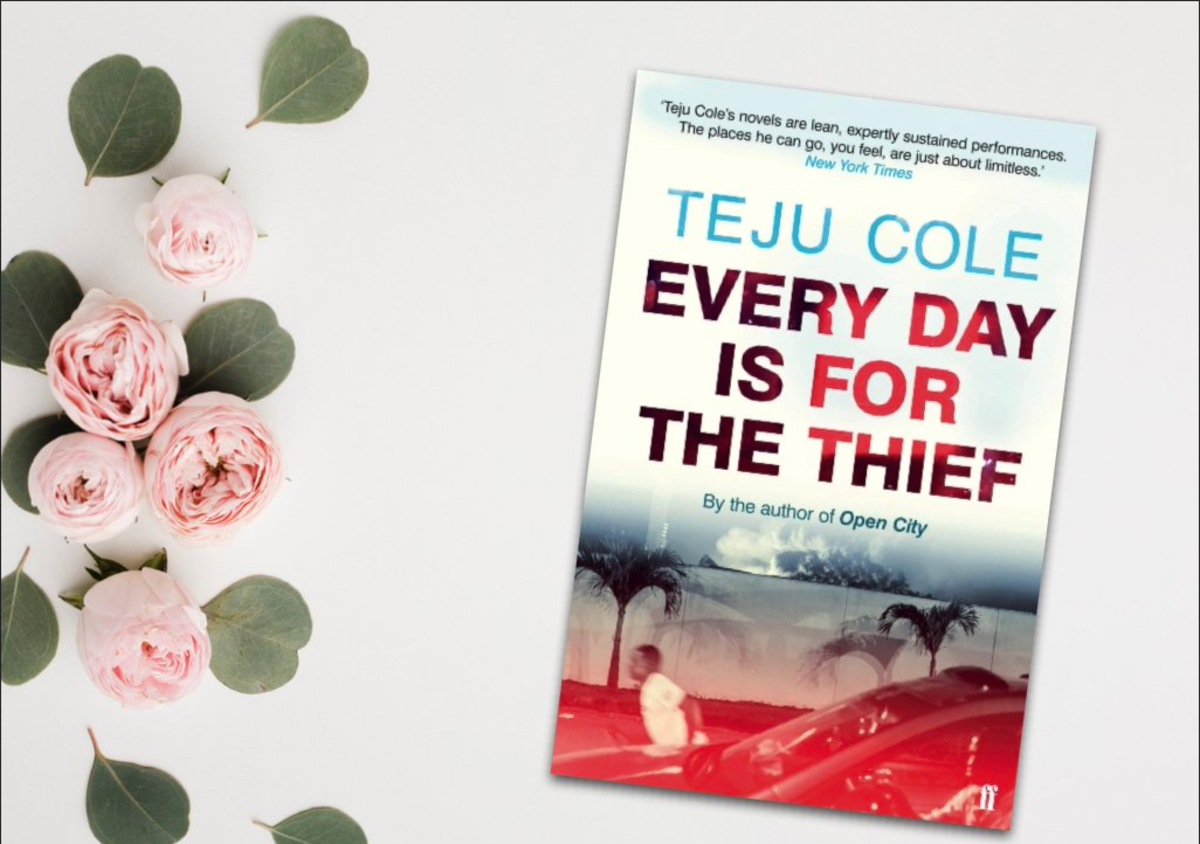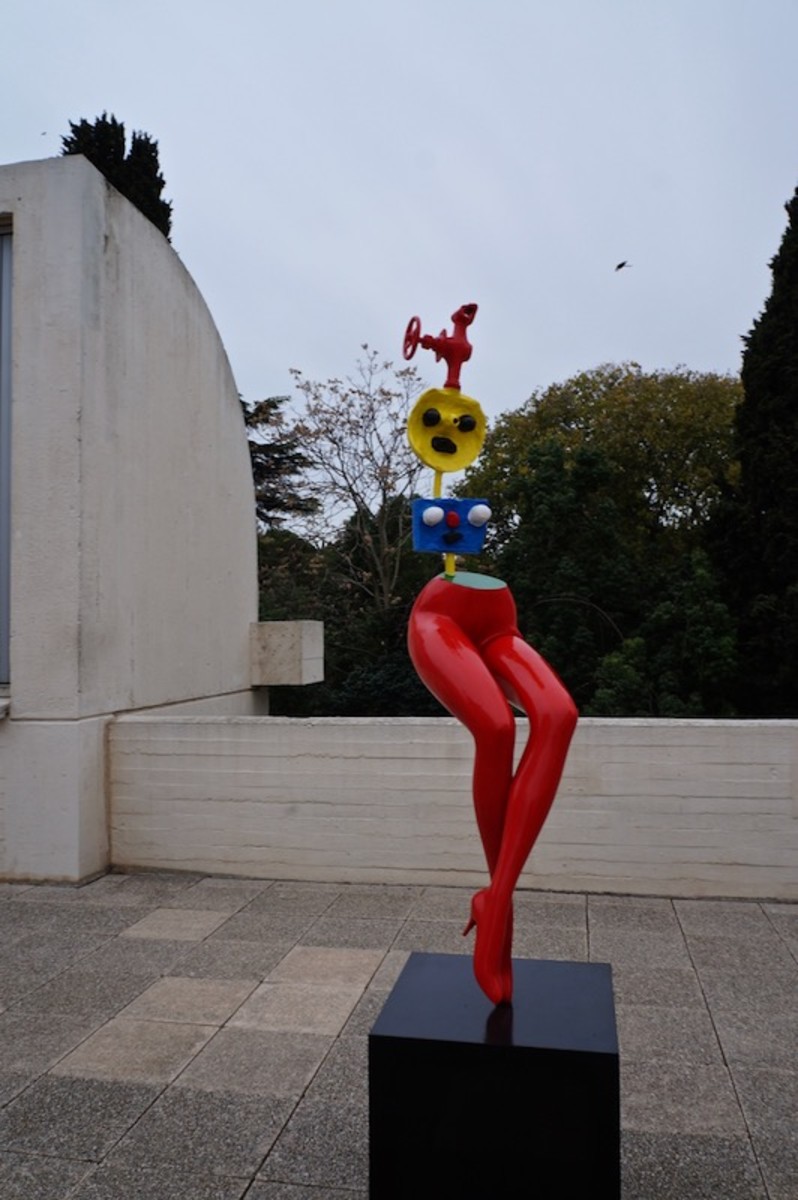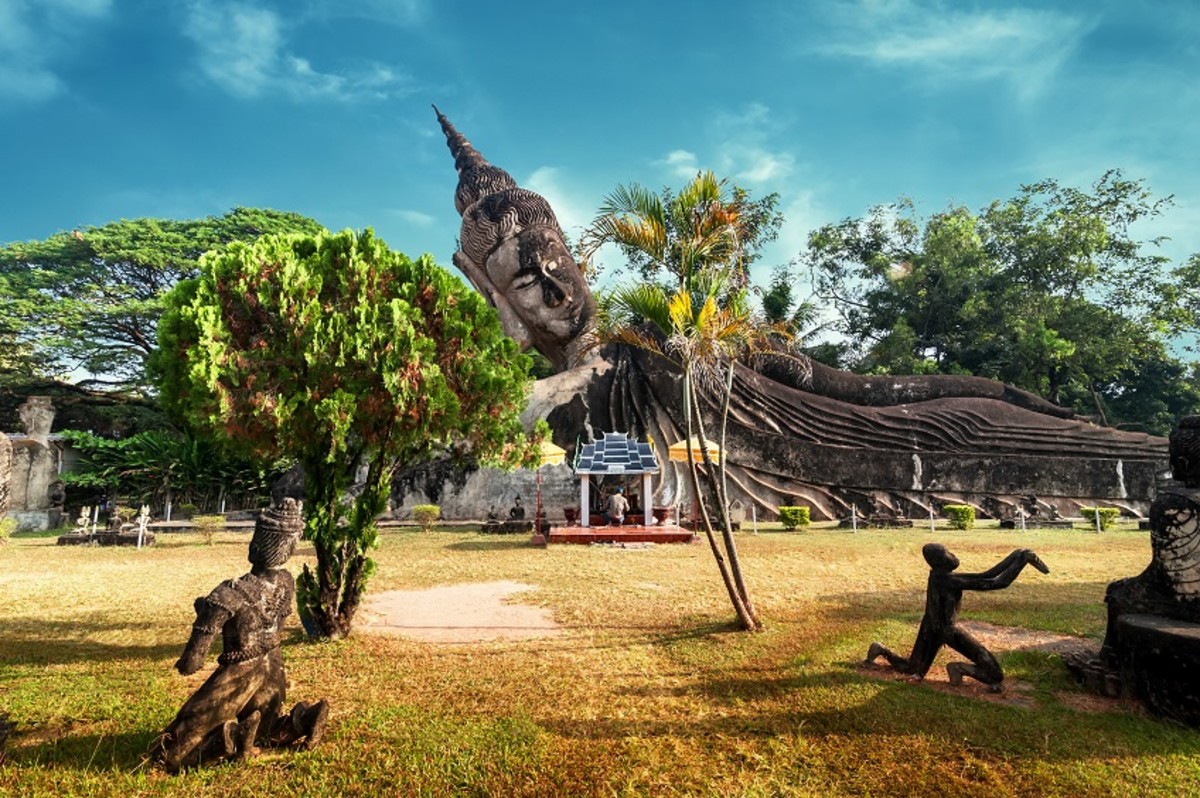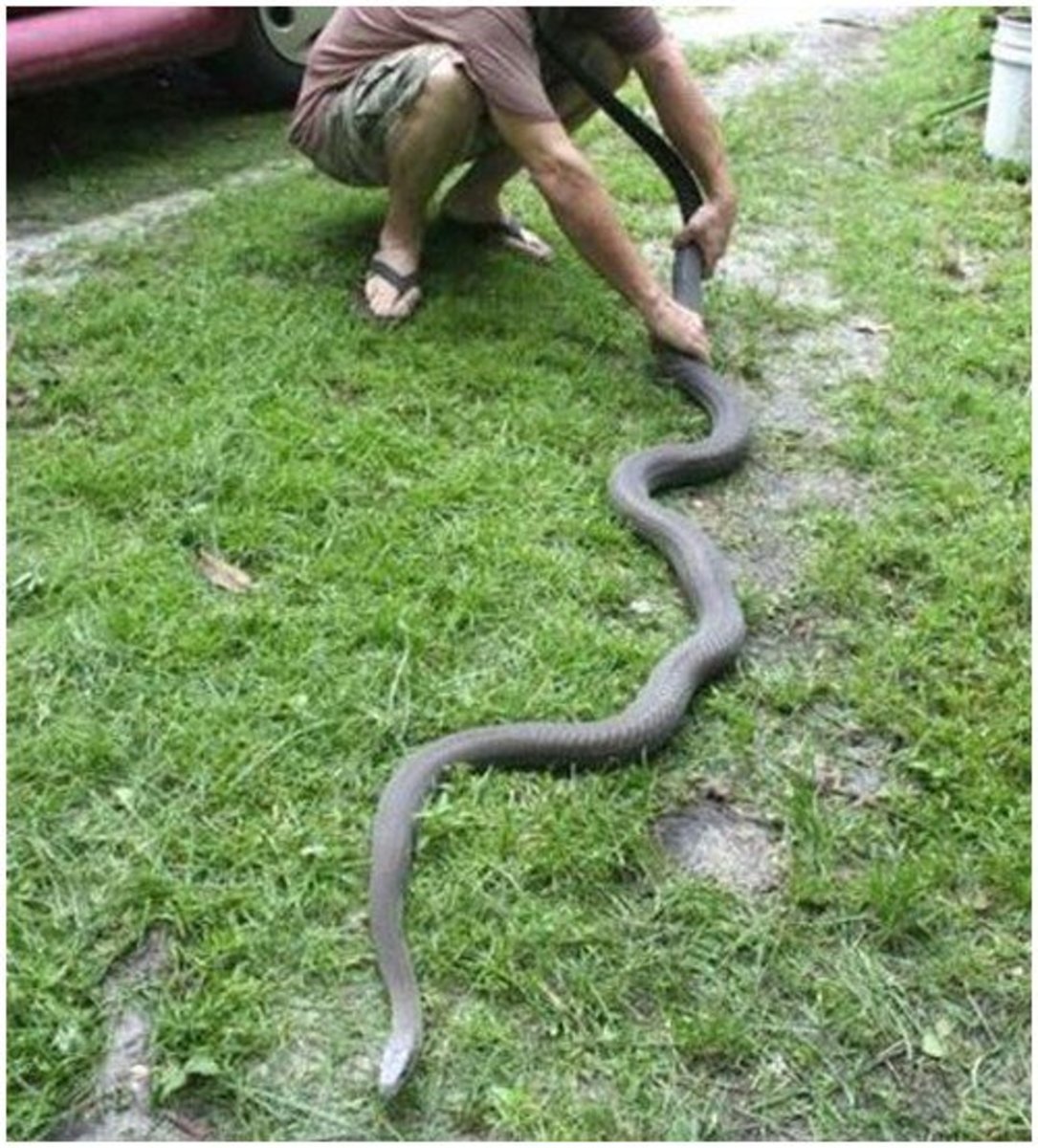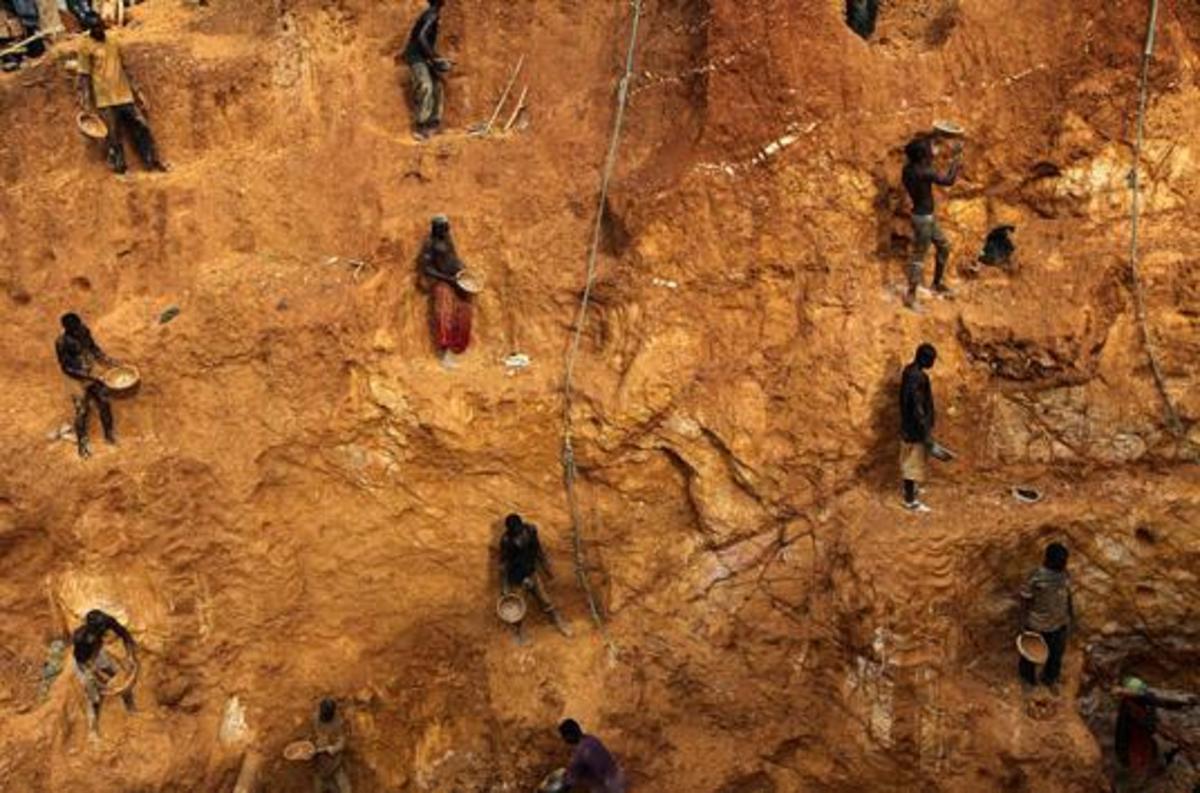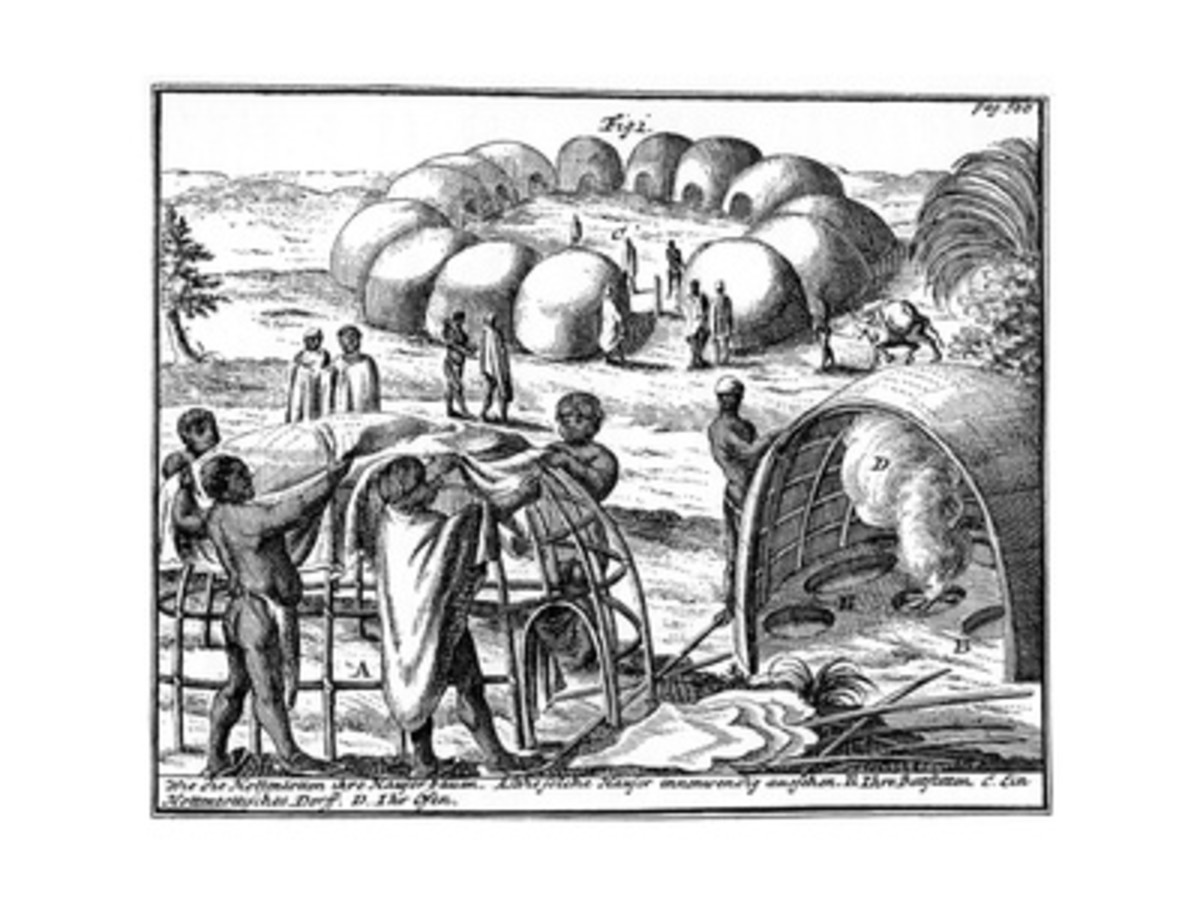- HubPages»
- Travel and Places»
- Visiting Africa»
- Travel to Western Africa
A Brush With the City of Lagos, Nigeria
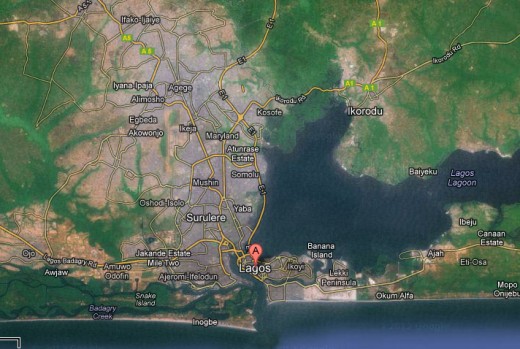
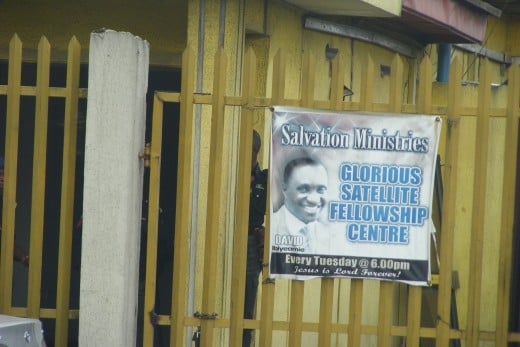
First impressions
Armed with preconceptions, many warnings for my safety, and a little insight from the books of Chimamanda Adichie, I set out on my first (working) visit to Nigeria
For some reason I am not scared of the worst things that can happen – bombs and kidnappings and common crime. Living in South Africa makes you a bit fatalistic. I am more wary of warnings of spiteful and ineffective customs – I am very awkward when I have to deal with things such as bribery – I have yet to pay a bribe to anyone, but I somehow feel guilty for my obstinacy in not paying a bribe – it seems to oil things over so easily.
From the air I see the very very straight coastline of Lagos – I am surprised at the excitement I suddenly feel. I see forests and lots of water – how did I miss any knowledge of the Lagos Lagoon? Then the city. The word sprawling does not describe it fully – the taller buildings on the island make way quickly for km to km of shacks and houses and not so tall buildings. Lagos has a population of 8m.
Outside I am either blasted by very cold aircon – or its absence which leaves you gasping for the hot air around you. Weather forecasts predicted 30 degrees. We have that often in South Africa, but I am not prepared for 30 degrees in 87% humidity – that feels hotter than a dry 34.
Customs and Flights
A bit chaotic and a long queue – I befriend a distinguished looking gentleman from Botswana and together we take on the challenge of the strange queue. This works a little like a cattle dip: Crowding and pushing from all sides until there is one queue left – in the crowding and pushing stage, many people (maybe the experienced) inch themselves slyly to the front so that you find yourself looking at the back of another person every now and then.
Outside the protocol officers of my host are waiting for me and other guests – we are not to be let loose by ourselves in Lagos yet. I stay in the Sheraton – so much for experiencing a strange country.
The next morning I fly to Port Harcourt and find that my flight on Air Nigeria has been cancelled. Again my host’s protocol officer helps me – the only solution is to buy another ticket, but Air Nigeria does not have enough cash in hand to refund the ticket so I draw money for the ticket (only cash works here). I also found out later that only the ATMs at the airport works – none of the others can give me any cash and neither my VISA card nor my Mastercard works at a fairly upmarket restaurant. My bank sends me an “early fraud detection” SMS – just because I have drawn money from an ATM in Nigeria.
Spending time in Lagos
Back from Port Harcourt I spend some time in Lagos. My host decided (taking a bit of a risk to herself) that I would be OK in Lagos without the armed guard which normally has to accompany a guest. I have not felt at ease at all travelling with an armed guard – does that not make you more visible?
We drive across the Eko Bridge to Lagos Island and the driver explains that this is one of 3 bridges linking the mainland with the Island, the longest of which is the Third Mainland Bridge, almost 12 km long. Expecting the driver to play jazz music in the car, he shows me that most of this CDs are English and American – as he softly sings with, I suspect this is not just for the benefit of his clients.
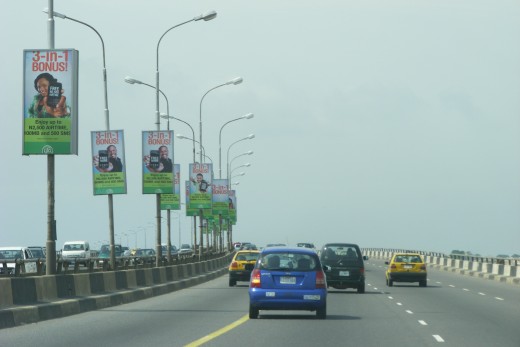
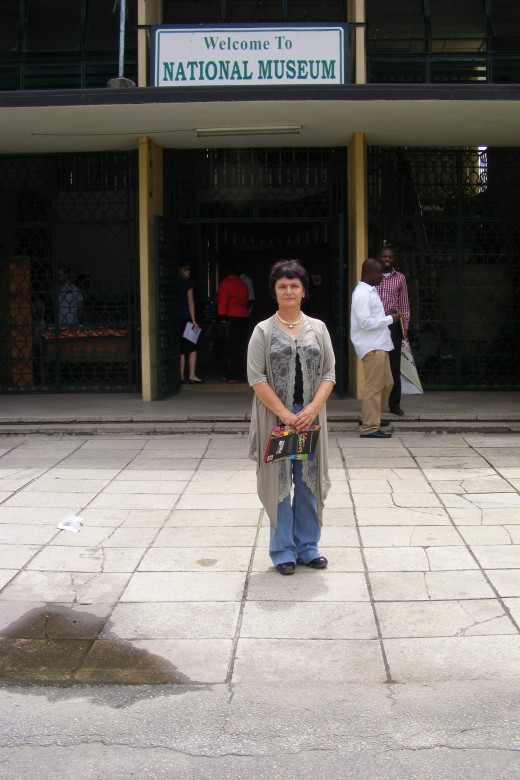
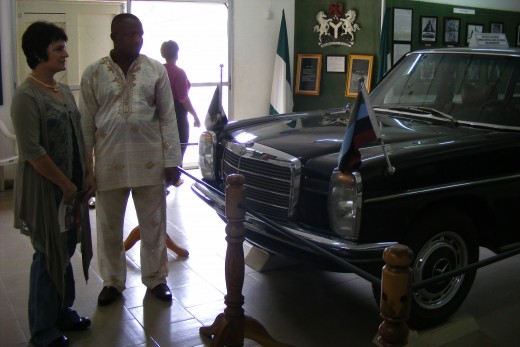
The National Museum
I decide to visit the National Museum. One of the museum guides takes the two of us through the main exhibition: ''Nigerian Art in the Cycle of Life''. No photos allowed here. The cycle of life follows a logical and universal path: Entering the Fertility and Birth section, followed by Initiation, Adult Life, Wisdom and Learning, Death, Burial and Funeral, Reincarnation and External Influence. I am surprised that this is a first visit for the driver, who has been in business for quite a while and now decides that he will bring more of his clients here. I found the exhibition profound. A few months ago I experienced the Anthropological Museum at UBC in Vancouver and although this is at a smaller scale, the objects come alive within the context of their original meaning.
In a separate section we enter the 5th International All Female Art Exhibition, showcasing some West African woman’s art. Lastly we enter a section which showcases Nigerian history and leaders – The military attire of all the past presidents tells a story.
We have lunch at Terra Kulture, a gallery cum restaurant cum bookshop on Victoria Island. The food was good – although you should not be in a hurry for it to arrive.
Road traffic
As ever, I observe the traffic issues:
I am amazed that I do not see any crashes happening right in front of me. My driver is experienced and assertive (if you do not drive aggressively in Lagos, you might as well park your car and walk). The ever present armed guards of the large corporates reserve for themselves a right to move faster than the other struggling citizens and now that I am the receiving end of this I feel the resentment they probably feel every day.
Lanes in Lagos are just indicators of where you could drive if you wanted to – no need to stick to that. Vehicles move in and out – pushing each other out of the way (all very friendly) – but going fast. Now and then someone decides that there are too few lanes going in their direction and they start another one, mostly pushing in between the existing lanes. Sometimes they take up a whole lane that should be used by the oncoming traffic. In some cities this is often controlled centrally and signalled through overhead traffic lights, but Nigerians don’t need permission.
The motorcycle riders (Okadas)– like the boda boda in Kenya – weave through traffic, seemingly unaware of their own and passenger’s vulnerability.
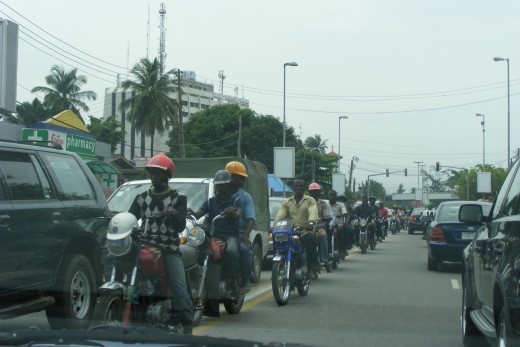
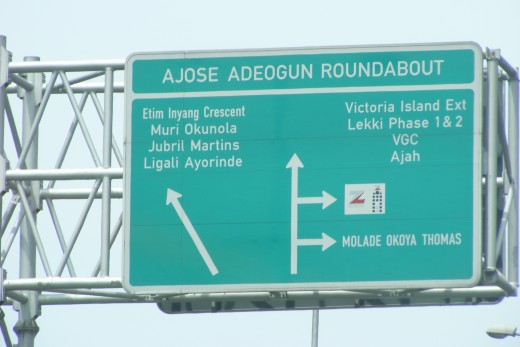
Making sense
As I wait in the queue to board my flight back to Johannesburg, I have many conflicting thoughts of the country. There (again) is the long queue and processing time to go through customs. The many conversations I had with Nigerians, most of whom thought that it was time that the riches produced by their country should be invested in the country itself and not be directed to individual wealth and investment of rich individuals in other countries; the underlying memory of the cruel civil war almost 5 decades ago; the rich and diverse culture.
There is just too much to take in and make sense of in such a short time. Visiting only two cities in a short space of time, I have not even started scratching the surface of understanding this country.
